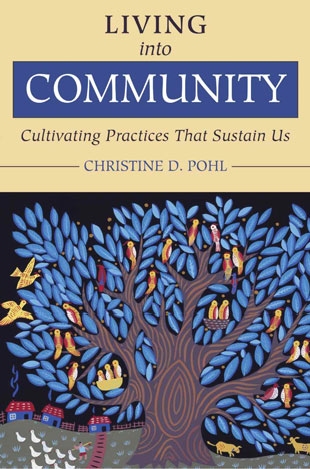The Strange Problem of Entitlement
"Years ago, Paul Tournier observed that 'no gift can bring joy to the one who has a right to everything.' While there is a healthy interpretation of entitlement that is tied to a sense of dignity and equality, when it is exaggerated, it brings continual dissatisfaction and an inability to be thankful for anything.
"Parents of teens going through a difficult stage know how hard it can be to live with someone who has an overblown sense of entitlement. When teenagers see themselves as the center of the universe and are convinced that the world, its inhabitants, and their families owe them some kind of debt, sharing life with them can be quite unpleasant. This sense that everybody 'owes me' is often accompanied by a decided absence of personal responsibility. This is usually a brief phase, but there is a less intense version that persists among some adults, including Christians.
"Because many of us live in relatively secure environments where we can assume that there will be adequate opportunities for good work and personal fulfillment, we have come to imagine that we are entitled to this security. This differs from the experiences of many people in the world, and from prior generations, who recognized that setbacks, loss, and risks were part of life. When difficulties are encountered in the midst of unrealistic expectations, frustration and complaint become common.
"If we think that we deserve the gifts and blessings we have received, it is easy for us to become greedy for more benefits and to overlook the needs of others. We cultivate a capacity not to notice when 'our benefit has come at someone else's expense.' Dissatisfaction as a way of life is encouraged by a consumerist culture that feeds notions of entitlement. We want more, and we want better — better bodies, newer cars, bigger churches, more beautiful homes, finer coffee. Somehow wanting these things morphs into the sense that, really, we deserve them. A cycle of generalized dissatisfaction fuels envy, striving, and buying.
"Time spent outside our culture can help us see more clearly how certain assumptions have shaped us. At the end of a book describing his experience of living among poor people in South America, Henri Nouwen writes,
" 'What I claim as a right, my friends . . . received as a gift; what is obvious to me was a joyful surprise to them; what I take for granted, they celebrate in thanksgiving; what for me goes by unnoticed became for them a new occasion to say thanks.
" 'And slowly I learned. I learned what I must have forgotten somewhere in my busy, well-planned, and very "useful" life. I learned that everything that is, is freely given by the God of love. All is grace. Light and water, shelter and food, work and free time, children, parents and grandparents, birth and death — it is all given to us. Why? So that we can say gracias, thanks: thanks to God, thanks to each other, thanks to all and everyone.' "
